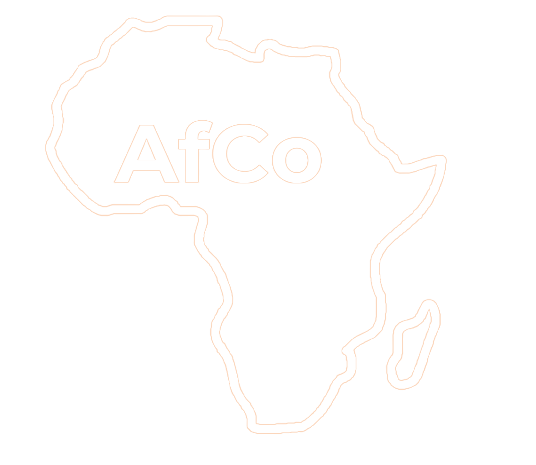The contradictory coexistence of herders and farmers in sub-Saharan Africa: A review of the recent literature
Interpreting antagonisms in rural Africa from the angle of a “farmer-herder conflict” leads to simplistic analyses of the complex dynamics at work in the Sahel, Lake Chad, northern Nigeria, the Great Lakes, Darfur, and East Africa. The cause of the friction and violence does not rest on an ancestral opposition between the two categories of actors; they are the result of a multidimensional crisis in the governance of rural areas. The review of a hundred recent works shows that the pastoral ecosystem is the victim of a series of constraints that affect its conditions of existence. Pastoral resources are deteriorating as a result of climate change. The agricultural pioneer fronts extend and encroach on the rangelands. The monetization of access to water and the taxation of access to border crossings for transhumant livestock have multiple negative consequences. The sequencing of these causes is exacerbated by prevailing insecurity. Conflict prevention and management methods remain ineffective when they are not focused on the long-term.
